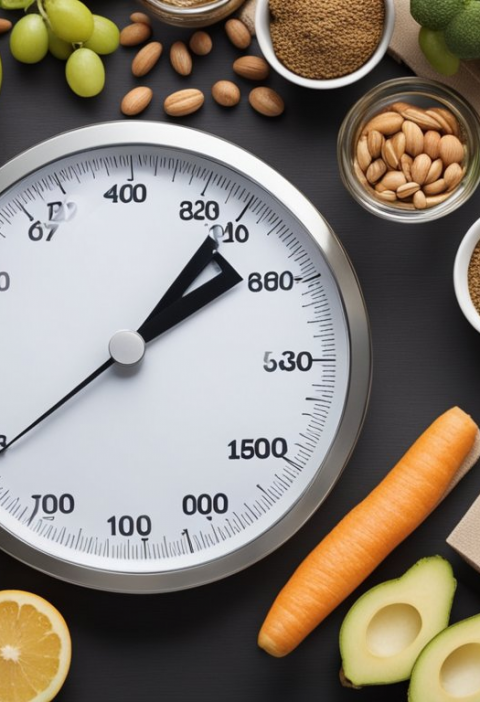As a fitness professional, you are likely well-versed in the importance of proper nutrition for achieving fitness goals. However, with so much conflicting information available, it can be difficult to separate fact from fiction. There are many common nutritional misconceptions that may be hindering your clients’ progress, and it’s important to be aware of them in order to provide the best possible guidance.
One common misconception is that all carbohydrates are bad and should be avoided. While it’s true that some carbohydrates, such as refined sugars, can be detrimental to health and fitness goals, complex carbohydrates found in whole grains, fruits, and vegetables are an important source of energy and nutrients. It’s important to educate your clients on the difference between simple and complex carbohydrates and encourage them to make smart choices when it comes to carb intake.
Another common misconception is that fat is always bad and should be avoided at all costs. While it’s true that some types of fat, such as trans fats, should be avoided, healthy fats found in foods like avocado, nuts, and fatty fish are essential for overall health and can even aid in weight loss. Encourage your clients to focus on incorporating healthy fats into their diets rather than avoiding them altogether.
Debunking Protein Myths
Protein Overconsumption
One of the most common misconceptions about protein is that you can never consume too much of it. However, overconsumption of protein can actually be harmful to your health. Consuming excessive amounts of protein can lead to dehydration, kidney damage, and even osteoporosis.
It is important to consume protein in moderation and to balance it with other macronutrients such as carbohydrates and fats. The recommended daily intake of protein for adults is 0.8 grams per kilogram of body weight. Consuming more than this amount does not provide any additional benefits.
Plant vs. Animal Protein
Another common misconception is that animal protein is superior to plant protein. While animal protein is a complete protein source that contains all essential amino acids, plant protein can also be a great source of protein.
In fact, many plant-based foods such as beans, lentils, and quinoa are high in protein and can provide all essential amino acids when consumed together. Plant-based diets have also been shown to have numerous health benefits, including lower risk of heart disease and certain types of cancer.
Timing of Protein Intake
There is also a misconception that you must consume protein immediately after a workout in order to maximize muscle growth. However, research has shown that the timing of protein intake is not as important as the total amount of protein consumed throughout the day.
It is recommended to consume protein evenly throughout the day, with each meal containing a source of protein. This can help to maintain muscle mass and support overall health.
In summary, it is important to consume protein in moderation, balance it with other macronutrients, and include both plant and animal sources in your diet. Additionally, the timing of protein intake is not as important as the total amount consumed throughout the day. By understanding these protein myths, you can better educate your clients and help them achieve their fitness goals.








